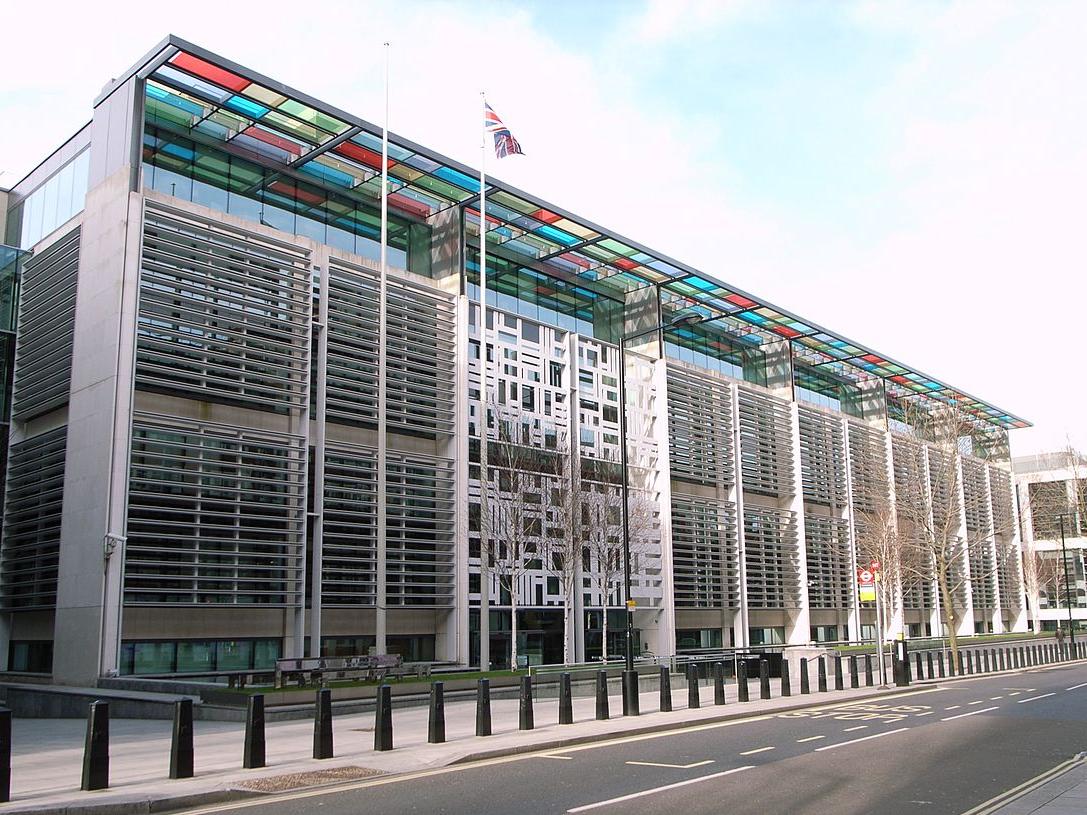
Brian Sims
Editor

Brian Sims
Editor
CIVIL RIGHTS campaigning group Liberty has secured what it dubs “a victory for accountability and protection of people’s rights” with the High Court ruling that the Home Secretary unlawfully tried to veto the appointment of an expert to scrutinise the security services. According to Liberty, the decision is “a victory for fairness” and shows the importance of judicial review in upholding rights.

The Home Office decided to block the appointment of an independent expert to a body overseeing the security services following concerns being raised. The High Court has ruled that decision was unlawful. Liberty has called for a right of appeal to be provided to ensure such unlawful conduct never happens again.
In 2017, Eric Kind, an expert in surveillance technology and privacy rights, was appointed to the role of head of investigations at the Investigatory Powers Commissioner’s Office (IPCO). IPCO is the independent watchdog that oversees MI5, MI6 and GCHQ. A year later, the Home Office denied Kind security clearance to work at IPCO.
In the judgement, it was confirmed that the Home Office had acted unlawfully in pre-judging this decision. Apparently, the Home Office failed to approach Eric Kind’s application with an open mind.
Those presiding at the High Court said the ‘elephant in the room’ was that someone hired by IPCO to conduct oversight of the security services was refused clearance for reasons “not unrelated to his background in civil liberties work”. According to Liberty, the ruling shows that there are “serious fairness problems” at the Home Office in terms of the way in which this process works.
Liberty has called for the Home Office to give a right of appeal against decisions to block appointments to independent oversight functions. Those roles are vital for ensuring that the intelligence services comply with the law.
For its part, Liberty has fought long-running cases against the UK’s surveillance powers, with several currently ongoing.
Subject to scrutiny
Liberty’s lawyer Katy Watts said: “We all want to know that the people handed enormous power by the state are subject to scrutiny. The British Government has handed the security services some of the most extensive powers in the world to spy on a huge number of us. It’s critical that such extensive powers are subject to checks and scrutiny.”
Watts continued: “Those currently in power are now undermining these core principles. Refusing to facilitate proper scrutiny of the security services is just another example of a Government dodging accountability. After this ruling, there needs to be a right to challenge these decisions to prevent the security services from appointing their own supervisors. We should be able to challenge Government when something’s wrong, while we should also be confident those who spy on us are held to account by independent experts.”
Speaking from his own perspective, Eric Kind said: “Robust and independent oversight is essential for democracy and trust in the security and intelligence services. It requires a diversity of perspectives and expertise. That can only be achieved through a fair and impartial vetting process which the High Court finds was not provided to me. I hope that an independent appeals process for those joining oversight bodies will now be established in order to prevent this kind of occurrence from happening again.”
Dorset House
64 High Street
East Grinstead
RH19 3DE
UNITED KINGDOM
01342 31 4300